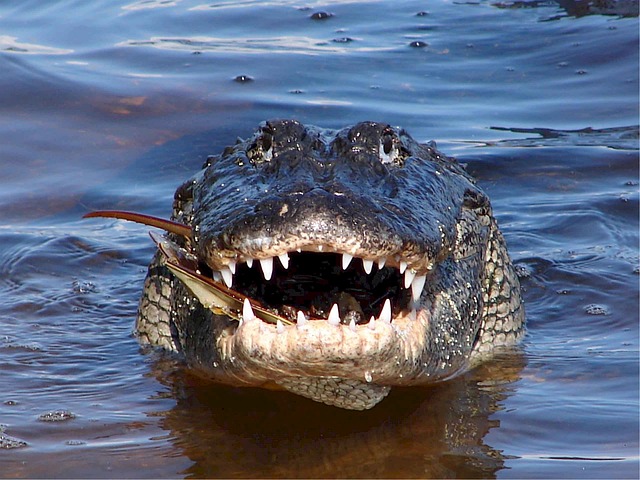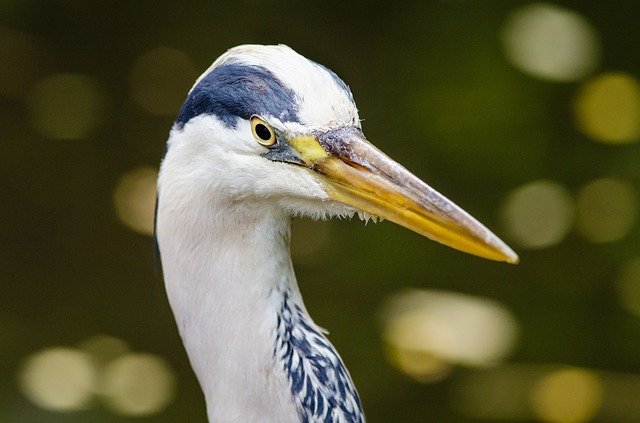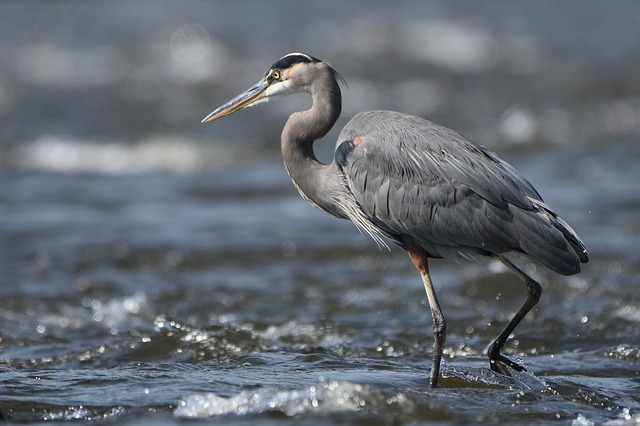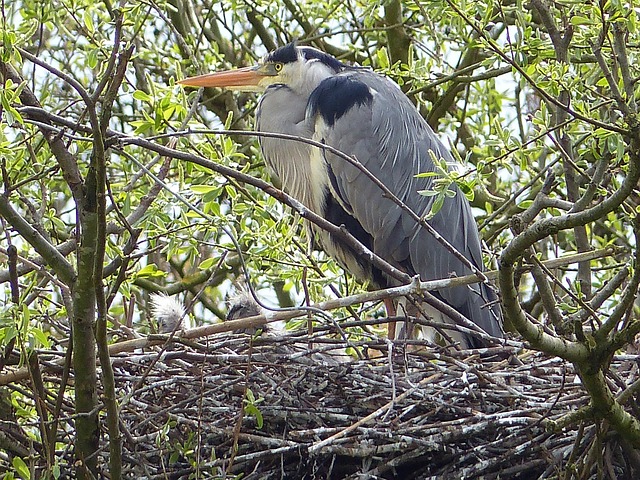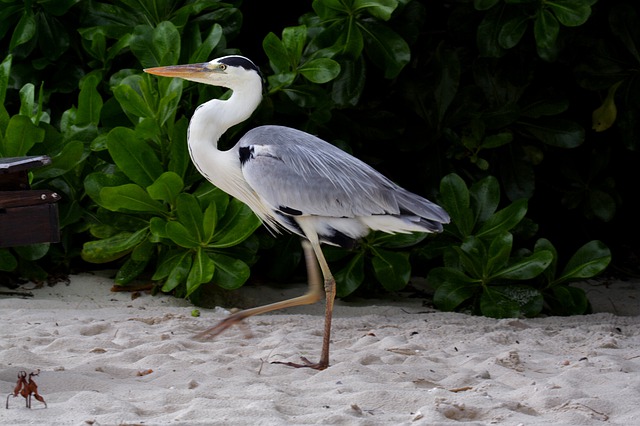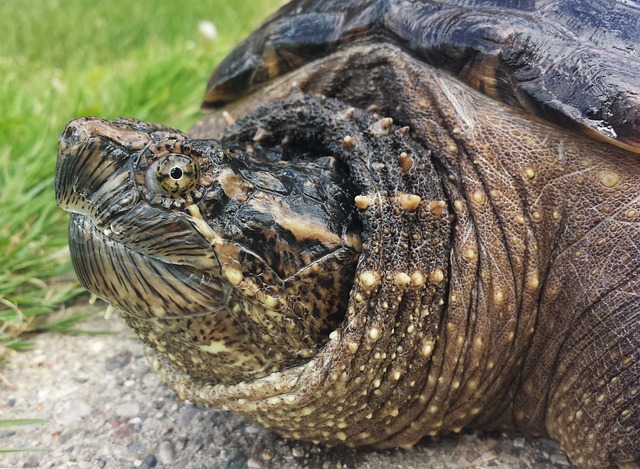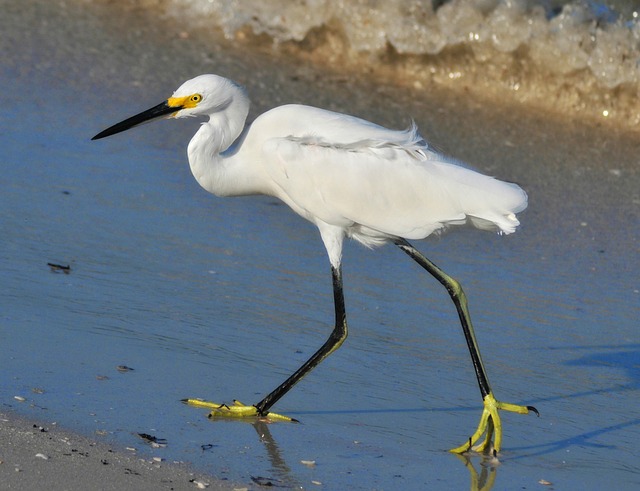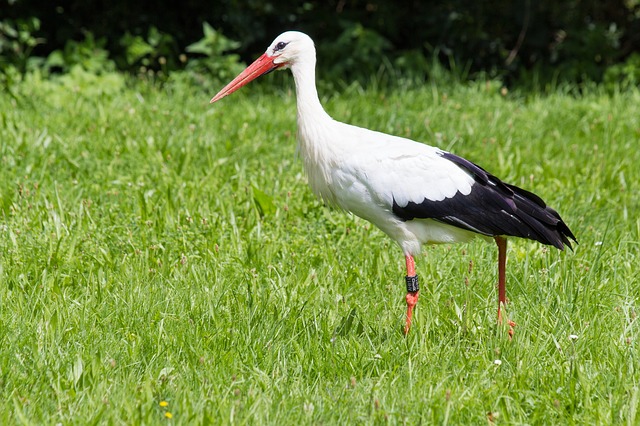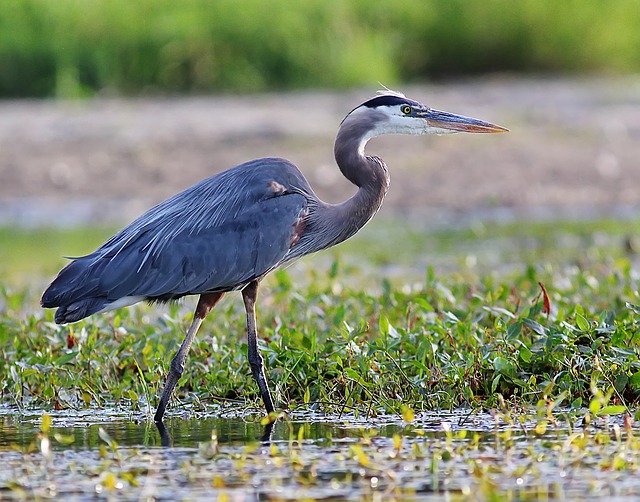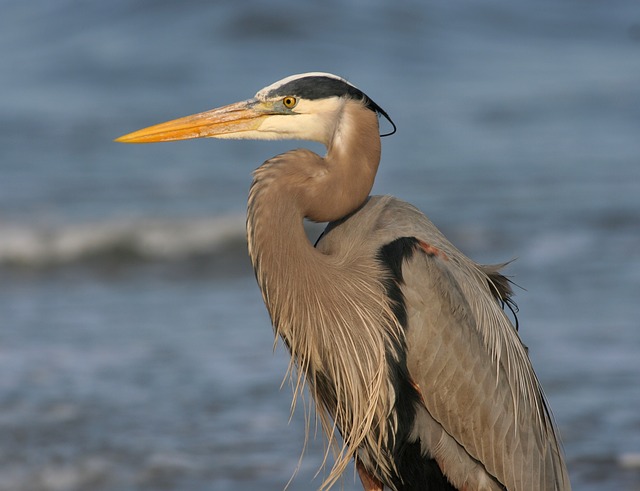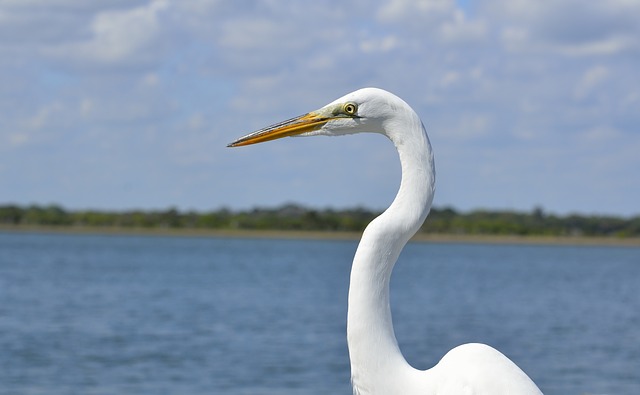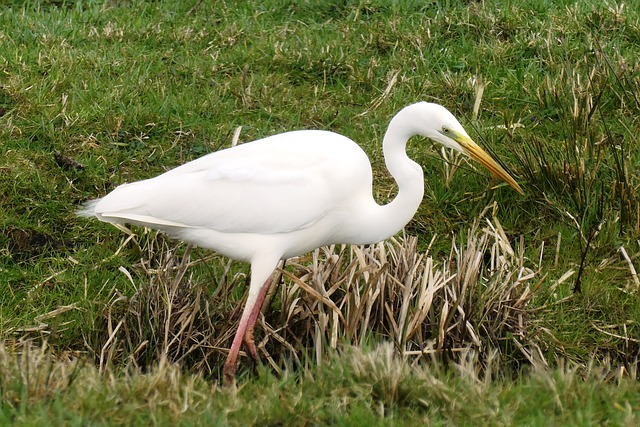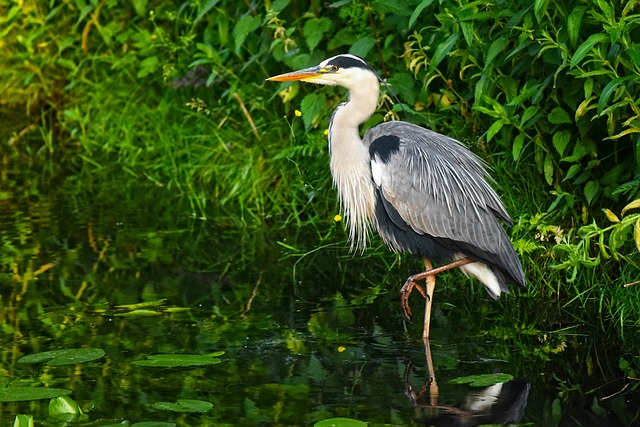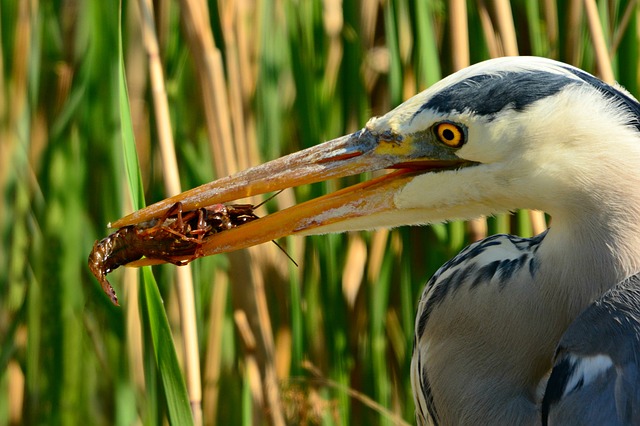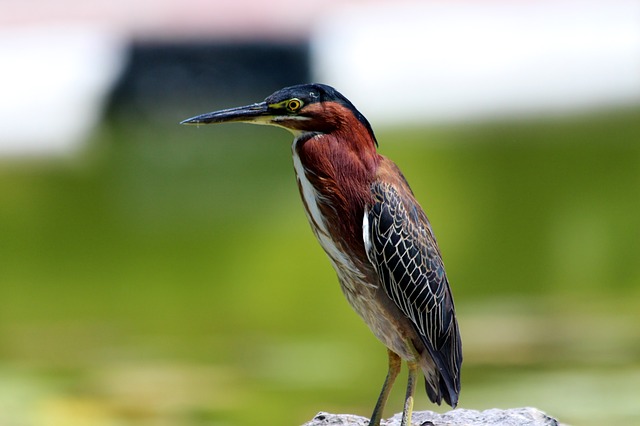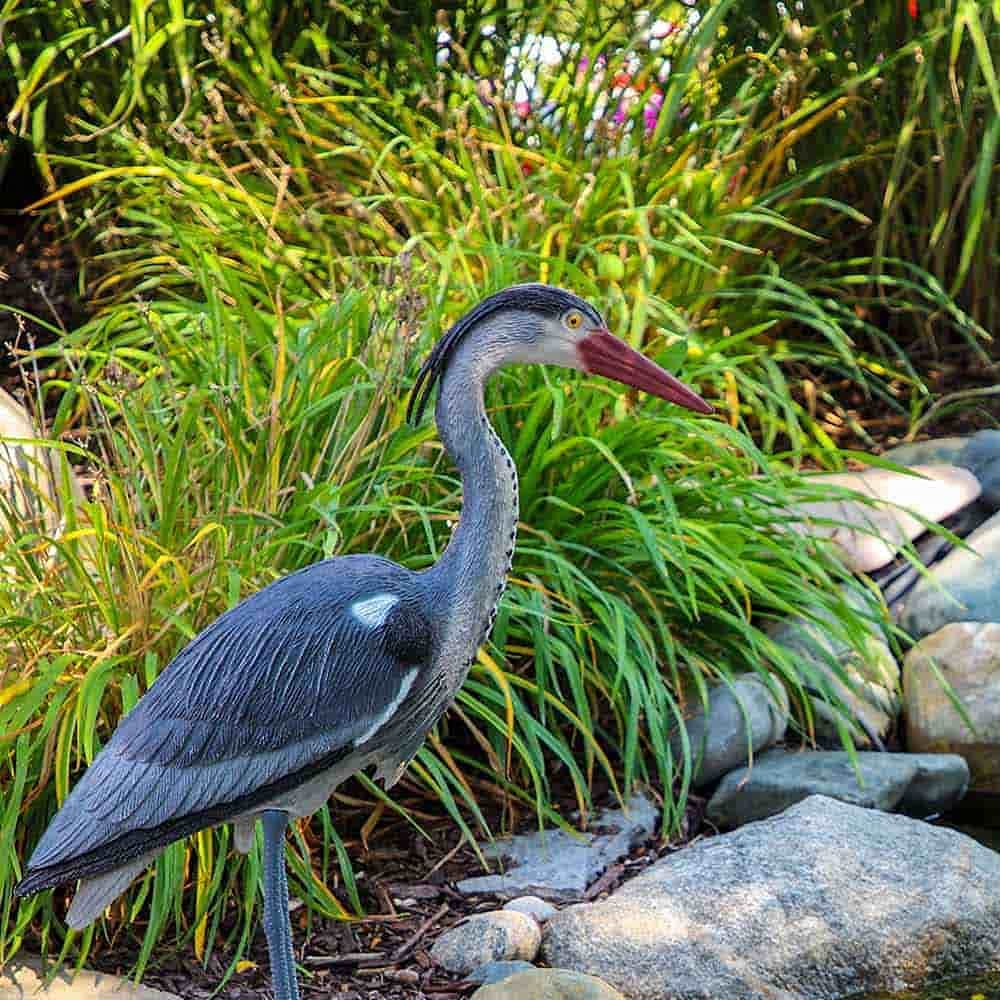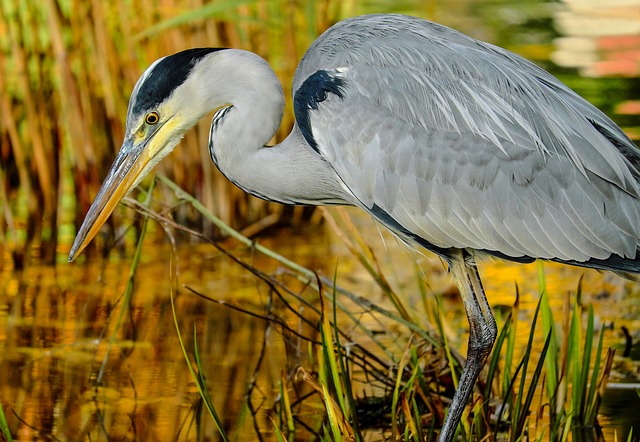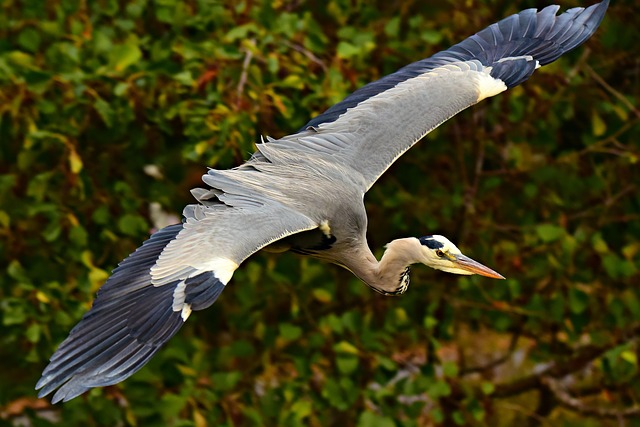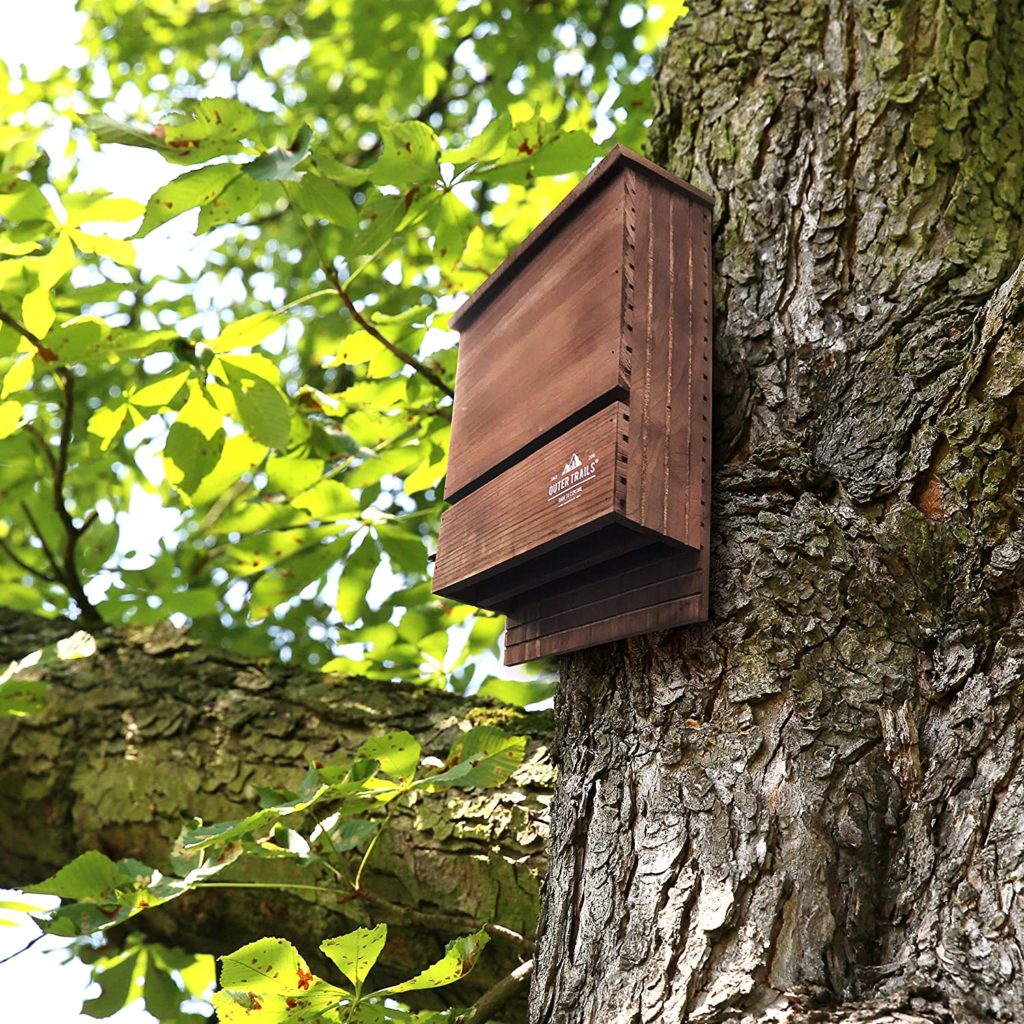
Having bats in your yard offers many fantastic benefits. So it’s no wonder that more and more people are installing bat houses in an attempt to get them to stay. However, you’ll first need to know how to attract bats to your bat house if you want them to actually move in.
Why Attract Bats To Your Yard
Bats are far from the backyard pests many believe them to be. They eat an enormous amount of insects for their size and yes that means mosquitoes. They also provide you with free guano, which is one best all-natural fertilizers in the world.
Your garden will thank you later with blooms and growth. In fact, there are many bat house benefits that you’ll be able to enjoy not to mention the educational experience that housing these important and often overlooked winged creatures provides.
Hedge Your Bets
Bats are of course wild animals. So even if buy the most beautiful bat house in the world there’s still no guarantee that any bats will ever move in. So it’s very important you provide them with a living situation that is well-suited to their needs.
By doing so you will turn the odds in your favor that they will decide to take up residence inside. The following tips will help you to not just attract bats to your bat house but help to make sure they stay long-term allowing you to enjoy their nightly pest control services as long as possible.
The Quickest Solution
Many people don’t realize that having bats take up residence in a roof, barn, gazebo, or other structure can actually be a blessing in disguise. That it is of course, only if you want your own colony of backyard bats. Fortunately one of the easiest ways to attract bats to your bat house right away is to place it near an existing bat roost that you will be bat-proofing.
Just be sure to install your bat house before you evict them from their current home so they don’t find somewhere else to live in the meantime. You don’t actually have to put your house right on the structure where the bats are currently living but you will want to try and place it as close as possible. This will give them a convenient option right next door when they suddenly find themselves homeless. It’s a win-win.
Provide A Warm Shelter
You don’t need to currently have an active roost on your property in order to attract bats to your bat house, however. Bats are actually very temperature-sensitive creatures and they like to roost in warm environments. For most species, this is normally somewhere between eighty and one hundred degrees Fahrenheit.
By creating the warm conditions they prefer inside your bat house you will be making it a very tempting choice. Hanging a bat house where it will get the morning sun for a few hours such as facing the south or southeast, can help to make sure it heats up properly.
You’ll want to remember to make sure it’s not shaded from the sun by any nearby branches or trees. Dark colors absorb more sunlight which can also increase the temperature inside the house. So purchasing a brown or black bat house can help to keep it at a desirable temperature. You can also paint it on your own to make it darker as well.
Location Can Make A Big Difference
The area you install a bat house can really influence whether bats choose to move in or not. Bats like all animals need water and they prefer to roost within a quarter of a mile of a freshwater source. If you don’t have a natural water source nearby, you can use a birdbath or water feature as an alternative. A location that has an abundant supply of insects to feed on will also be seen as more enticing to bats.
Some bats feed on nectar or fruit, so depending on the specific species of bat you are targeting, you may want to consider planting certain plants, trees, or flowers near your bat house. And don’t forget to make sure your house is installed at least ten feet above ground and free of obstacles so they can get in and out easily.
Bat Attractant
For an added boost you can also use a bat attractant to make your bat house more desirable. These come in a few different varieties. Some are made up of bat guano and come in the form of a paste. Others may be a spray or squeeze bottle that contain a pheromone-based liquid or ammonia.
Typically you just add the attractant inside your bat house and wait for bats to show up. There’s no guarantee this will happen, but using a bat attractant can definitely help, especially if you’ve placed your house in an ideal location and are still having trouble getting any bats to call it home.
Having a backyard bat colony is not difficult as long as you have the right setup, location, and patience. And now that you know how to attract bats to your bat house, you’ll want to get started right away.
Start Shopping for Bat Attractant!
Alligator Pictures
The American alligator is a large predatory reptile that inhabits the southeastern United States. It’s a fascinating animal with many interesting things about it. And we’ve collected some of the best alligator pictures to help show you just how amazing they are....
How Long Do Great Blue Herons Live?
The life expectancy of birds is known to be closely related to their size. So as the biggest heron species in North America, how long do great blue herons live? The average life expectancy for these large birds is around fifteen years. However, surviving their first...
Where Do Great Blue Herons Live?
The great blue heron is considered to be the most widespread heron in North America. So exactly where do great blue herons live? Here’s what you’ll want to know. Great Blue Heron Range The great blue heron is found throughout most of the North American continent. In...
Where Do Great Blue Herons Nest?
While many of us have seen great blue herons their nesting habits often remain a mystery to most people. That’s because they purposely nest in hard-to-reach places. So where do great blue herons nest? Here’s the answer. A Colony Nester Typically great blue herons nest...
Do Great Blue Herons Migrate?
Do great blue herons migrate? This is something many people wonder about, especially if they’ve seen a heron during the cold winter months. And the answer is both yes and no. Here’s what you’ll want to know. Great Blue Heron Range The great blue heron has a large...
Great Blue Heron Pictures
Few species of birds are as tall, elegant, and attractive as the great blue heron. So we’ve compiled some of the best great blue heron pictures for you to admire and help you to learn more about this amazing bird! Great Blue Heron Head The head of the great blue heron...
What Do Snapping Turtles Eat?
Many people are familiar with the fact that snapping turtles have an incredibly strong bite. They use their strong jaws and sharp beak not just for defense but also for catching food. So what do snapping turtles eat? Here's what you'll want to know. Snapping turtles...
Birds That Look Like Egrets
Egrets are predatory birds that hunt and live in a range of both freshwater and saltwater habitats. These birds are usually white, and have S-shaped necks, long legs, and dagger-like beaks. However, they are often mistaken for several other types of birds that look...
Birds That Look Like Storks
Storks are large wading birds with robust bills and long legs. These tall carnivorous birds are well-known for their wide wingspans and also for building huge nests. However, they are often confused with several other bird types that have a similar appearance. So...
Birds That Look Like Herons
Herons are tall birds with long slender legs and necks. And they often wade in the water when hunting for food. Yet there are several other types of birds that may be mistaken for them. To make things more confusing many of these birds also spend time in the water and...
Great Blue Heron Facts
The great blue heron is named for its size and the grey-blue color on its wings, stomach, and back. This species has many fascinating things about it. So here are the top great blue heron facts. It's The Largest North American Heron The great blue heron is a big bird...
Are There White Herons?
Are there white herons? This is something many people wonder especially after seeing a tall all-white bird. The answer is yes! And here’s a fast introduction to them. A White Color Morph Most people are familiar with the great blue heron, a large predatory and...
Great White Heron Facts
While many people are familiar with the great blue heron, they are often surprised to find out that there’s also a great white heron. There are many things you’ll want to know about this stunning bird. So here are the top great white heron facts. The Great White Heron...
What Animals Eat Herons?
Because of their size and long sharp beaks, it can be hard to imagine that herons have any natural predators. While they do, they definitely don’t have nearly as many predators as most other types of birds. So what animals eat herons? Predators Of Adult Herons For...
What Do Herons Eat?
Great blue herons are often seen slowly wading in shallow water hunting for food. You may have even spotted one of these large birds in your own backyard pond. This leaves many people wondering: “What do great blue herons eat?” And here’s everything you’ll need to...
What Do Green Herons Eat?
The green heron is a secretive and small heron species. What it lacks in size however it makes up for in intelligence. It is particularly well-known for how it uses its smarts when hunting for food. So what do green herons eat? Read on to find out. Meet The Green...
How Does A Heron Catch Fish?
The great blue heron is well-known for its looks but also its fish-catching abilities. Whether in the wild or someone’s backyard pond these large birds are master hunters. So how does a heron catch fish? Here’s what you’ll want to know. Built For Success While herons...
The Complete Great Blue Heron Decoy Guide
Buy on Amazon A hungry heron can easily make a meal out of expensive pond fish. One of the most effective methods for protecting your pond from these smart birds is with a great blue heron decoy. Here is your complete guide to them, with all the info and tips you’ll...
How To Keep Blue Herons Out Of Your Pond
Great blue herons are one of the biggest problems that pond owners face. These birds are not only smart but can easily catch and swallow large numbers of surprisingly big pond fish. Therefore you’ll need to know how to keep blue herons out of your pond in order to...
How To Deter Herons From Your Pond
Herons are designed by Mother Nature to hunt fish. And unfortunately for pond owners, they often find pond fish to be an easy meal. So in order to protect your fish, you will want to know how to deter herons from your pond. Alligator Decoys Alligators are natural...

